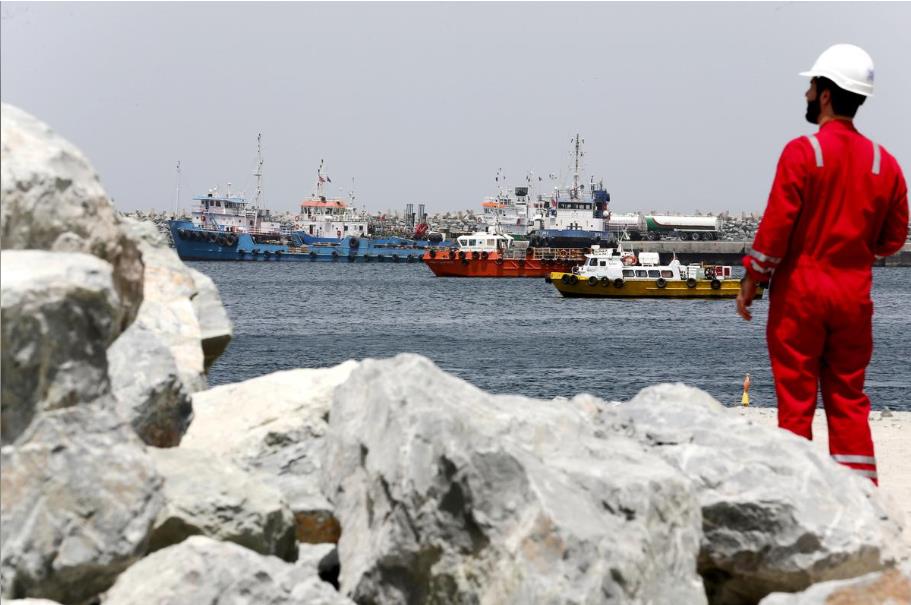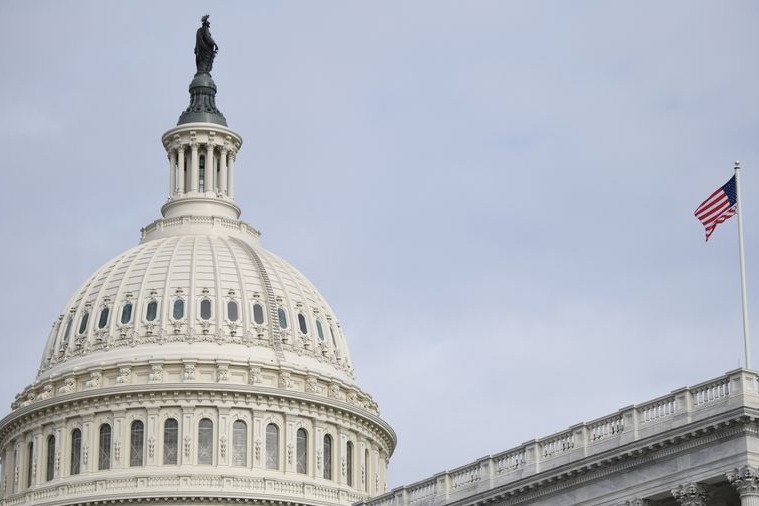US and Iran not heading toward war


Editor's Note: Tensions between the United States and Iran have risen significantly of late, with US President Donald Trump saying a war between the two countries would be the "official end" of Iran and Major-General Hossein Salami, commander of the Islamic Revolutionary Guard Corps, responding that although Iran is not pursuing war, it is fully prepared to defend itself. Are the two countries headed for war? Three experts share their views on the issue with China Daily's Liu Jianna. Excerpts follow:
US wants to achieve multiple objectives
The US' war rhetoric is part of its "maximum pressure" tactics to browbeat Iran. But, instead of launching a war, the world's sole superpower intends to put psychological pressure on Iran to realize its multiple objectives. For instance, by putting more pressure on Teheran, Washington aims to secure more bargaining chips to deal with other major countries including China.
In fact, the US has already "blacklisted" telecommunications equipment maker Huawei on the pretext that it violated the US' sanctions against doing business with Iran.
Besides, the US could force European companies that are doing business with or in Iran to exit the Iranian market. Perhaps the US also wants to reduce the attention on its controversial "Deal of the Century" with Israel (which may be partly released in late June) to "end" the 70-year-old Israeli-Palestinian conflict.
Also, by hyping up the Iran threat and labeling Iran as a foe of the US, Washington believes it can sanctify the continuous presence of NATO forces in the Middle East.
Most importantly, the US voters' support for Israel and general dislike for Iran would influence the White House's decisions on Iran at a time when the US is preparing for the next presidential campaign.
In other words, the US' Iran policy is designed to pressure Iran from all fronts without triggering a full-blown war.
Li Weijian, a senior research fellow at the Center for West Asian and African Studies and Institute for Foreign Policy Studies, Shanghai Institutes for International Studies
A real war unlikely to break out
A war between the US and Iran is unlikely because neither country wants to be dragged into a military conflict. Despite the US putting increasing pressure on its economy including an imminent oil embargo and possible ban on other exports, Iran is not in a position to confront the world's sole superpower.
The US may not launch a war against Iran also because it is less confident of controlling a war against a big country such as Iran. And starting a war with Iran will be against the US' intended policy of withdrawing from the Middle East despite the saber-rattling of war hawks represented by National Security Advisor John R. Bolton.
By "banning" the export of Iranian oil, the US has already caused much tension worldwide and a war would exert even more pressure on the global oil market and cause oil prices to shoot through the roof. And the possible blockade of the Strait of Hormuz in case a war breaks out will harm not only Iran, but also other Gulf countries that are major oil exporters.
Huang Minxing, a professor of Middle Eastern studies at the Institute of Middle Eastern Studies, Northwest University
US-Iran war of words increases uncertainties
Despite the war of words between the two sides, the possibility of a US-Iran war breaking out remains slim, especially because the Democrats and Republicans both are focusing their attention to deal with complicated relations with major countries such as China and Russia even as the US prepares for another presidential election.
In the foreseeable future, the differences between the US and Iran are expected to play out mainly in the form of a business and psychological war including economic, trade, and financial sanctions and blockades, instead of a real war. Yet the continuous strategic confrontation between the US and Iran will add to the turbulence and uncertainties in the Middle East in the long run.
As a matter of fact, the tense situation the US has created in the Persian Gulf by applying its "maximum pressure" policy against Iran has fed into its allies' anxieties, as Marzouq Al-Ghanim, speaker of the Kuwaiti National Assembly, said on Thursday that it has become clear how delicate, sensitive and dangerous the stage ahead is and stressed the necessity of taking all measures for all possible eventualities.
Ma Xiaolin, a professor of Middle Eastern studies at Beijing Foreign Studies University
The views don't necessarily represent those of China Daily.


































